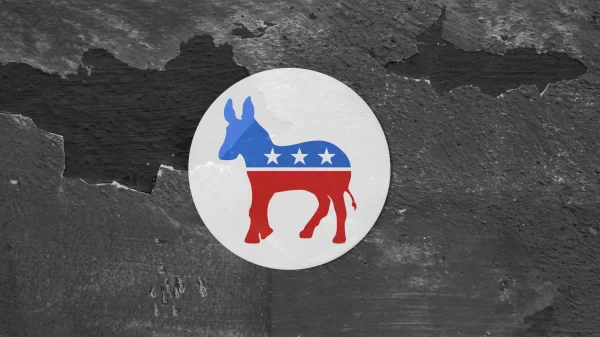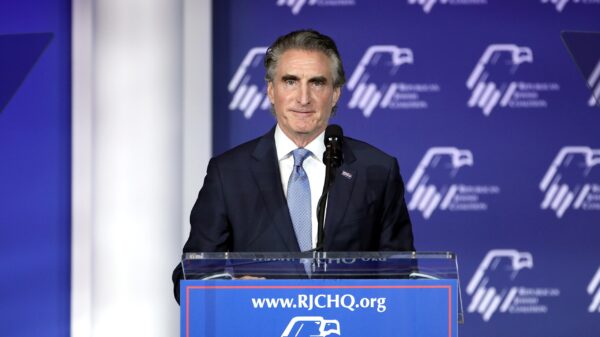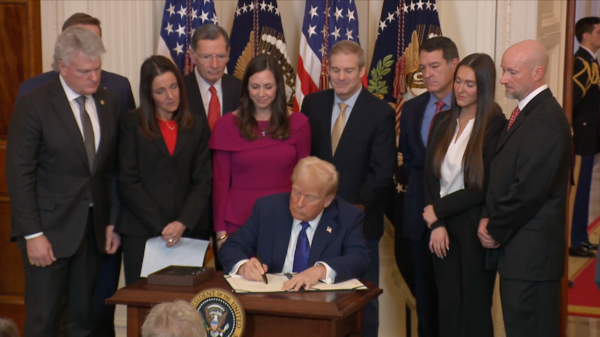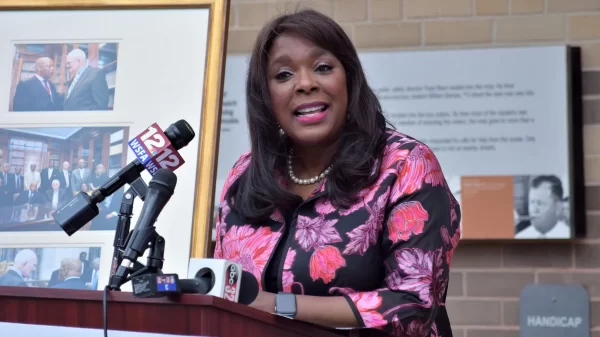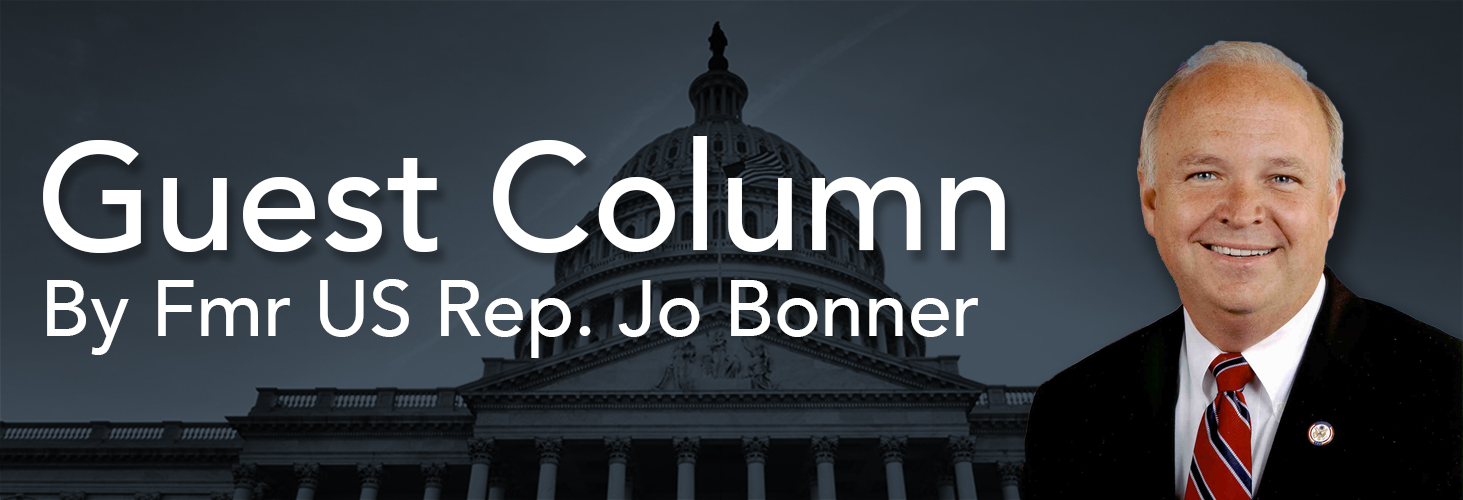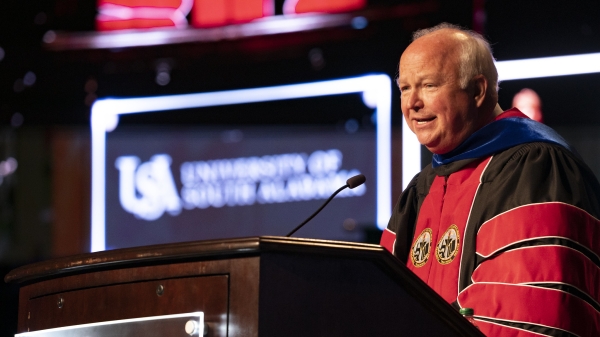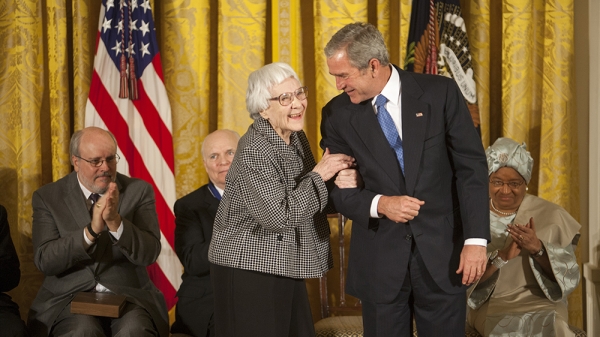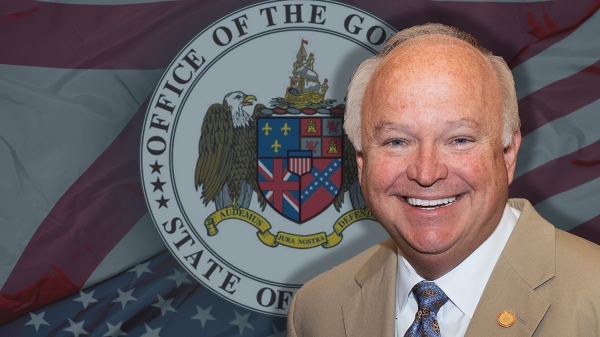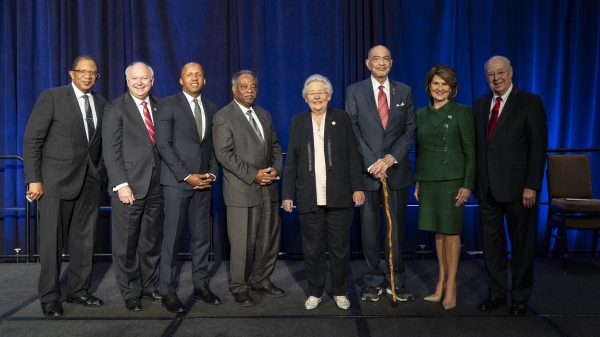By Representative Jo Bonner
This week the lame duck Congress returns to Capitol Hill to divine a so-far elusive agreement to avoid an economically-damaging combination of automatic federal spending cuts and major tax increases scheduled to take effect January first.
The president has an equal role in the challenging negotiations that lay ahead. If we are to avoid the dreaded “fiscal cliff,” he must be willing to rise above the partisan politics that dominated his first term and make the greater interests of this nation his priority.
In the final weeks leading up to his re-election, President Obama stated that he was committed to pursuing a “grand bargain” with Congress to resolve the looming one-two punch of deep and indiscriminate federal spending cuts and across-the-board tax increases that await with the coming new year. With November 6 behind us, and looming cuts just weeks away, there is no time for a political honeymoon. It’s time for his rhetoric to meet reality.
To underscore the consequences of failure, the Congressional Budget Office last week issued a report warning the pending automatic cuts and tax increases will sink the U.S. economy back into the full throes of recession. Unemployment could rise to 9.1 percent and economic output would drop. This follows an analysis this summer by the accounting firm Ernst & Young which found an increase in top tax rates, as President Obama has advocated, would cost 700,000 jobs.
The president came to office in 2009 promising to usher in a new era of unity in government. However, the last four years have been some of the most politically divisive in memory. Rather than working with Congress to address the serious economic challenges confronting our country, the president has chosen to govern as if his were the sole branch of government. If he believes his close victory margin presents him with a mandate to continue this undemocratic approach to governing, he is sorely mistaken.
House Speaker John Boehner made clear last week the retention of the Republican majority in the House, as well as the president’s narrow win, underscores the fact that Mr. Obama has no mandate other than to work with us to solve the monumental problems that beset our nation. While steam has billowed from the radiator of our stalled economic engine, the White House and its Senate allies have spent four years polishing the fenders. We’ve now got to get our hands dirty under the hood.
One coating of wax that the administration has attempted to apply to the rusty frame is the notion that simply taxing America’s small businesses is going to return the economy to running on all cylinders. Notwithstanding the point that even confiscating all the wealth of America’s top earners wouldn’t mitigate our deficit for even one year, the president’s planned tax increase on small business owners would effectively choke job creation, putting even more Americans in the unemployment line.
To be clear, there is no quick and easy fix to erase the national debt and jump start our economy. It must be tackled on a number of fronts including targeted spending cuts, shoring up entitlements, instituting policies that promote economic growth and eliminating those that don’t, and by reforming our outdated and punitive tax code. Last week Speaker Boehner took the first step by calling on the president to join the House in lifting the hood and overhauling the unfair and overly complex federal tax system.
Our country may be divided on many issues, but one area where there is nearly full agreement is that the federal tax structure is a hopelessly complicated entanglement of conflicting penalties and loopholes which burden taxpayers and our economy. Reforming and simplifying the onerous tax code would generate economic growth, which in turn would also bolster federal revenues needed to pay down the deficit.
It’s a shame that reforming the tax code was not on the ballot last week as it would have passed resoundingly in red and blue states alike. If the president wants to make good on his pledge to help craft a grand bargain, he can join the House in creating a fairer, simpler tax structure.











